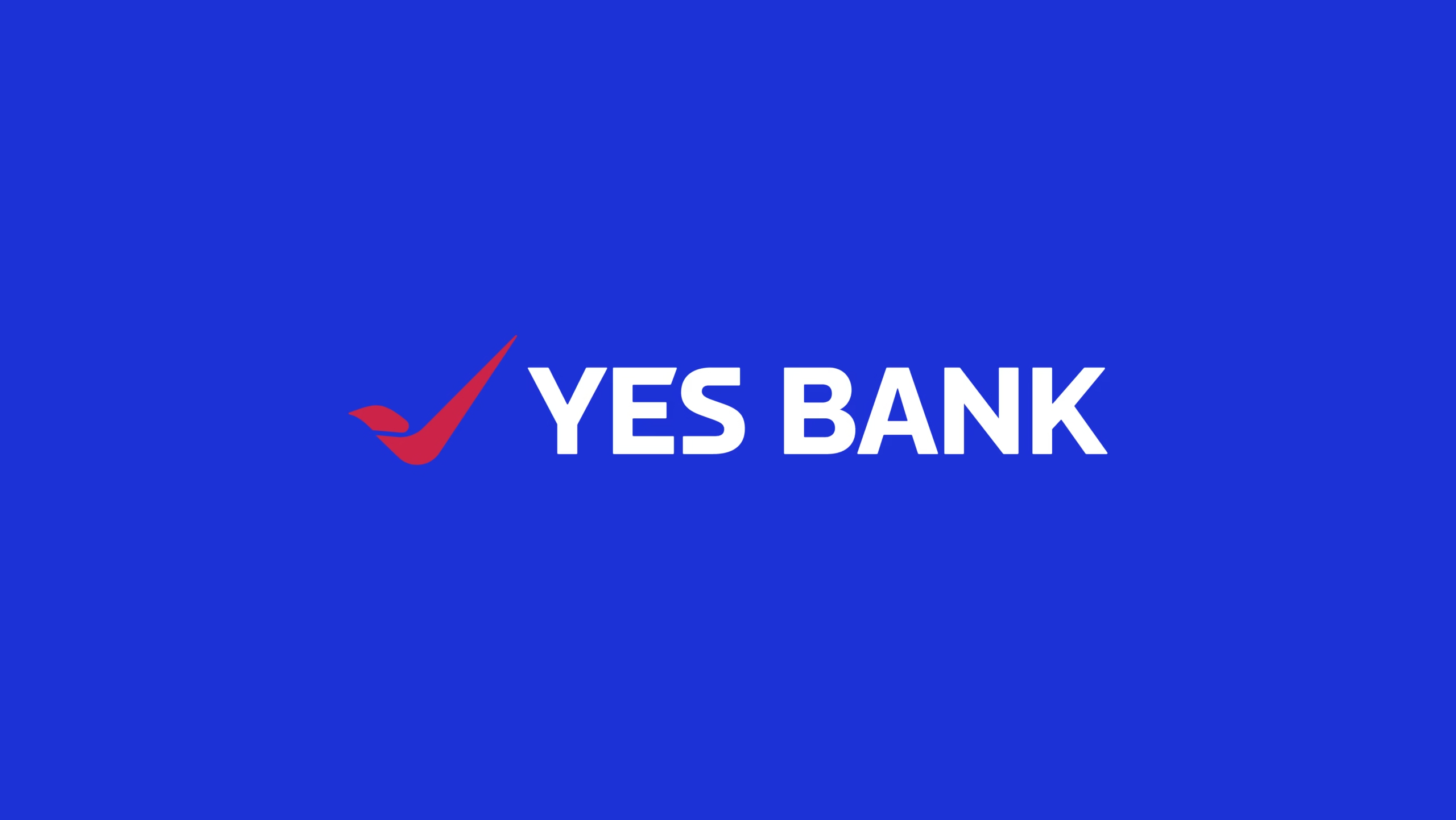
In the digital age, ranking on Google can feel like a never-ending uphill battle, especially for small businesses and individual bloggers who may not have hefty advertising budgets. But fear not! You don’t need to break the bank on ads to make your content shine and get noticed. With the right strategies, you can climb those search engine rankings organically. Let’s dive into some effective methods to rank on Google without spending a dime on ads.
First things first, understand that quality content is king. Google’s algorithms are designed to reward valuable content that genuinely answers users’ queries. So, focus on creating high-quality, insightful articles that cater to what your audience is searching for. This doesn’t just mean tossing around keywords. It’s about delivering well-researched information that keeps readers engaged.
Speaking of keywords, let’s talk about their role in ranking on Google. Conduct thorough keyword research to identify what people in your niche are actually searching for. Use tools like Google Keyword Planner or Ubersuggest to find keywords with high search volumes but lower competition. This strategy helps you target phrases that can potentially rank well.
Once you have your keywords, weave them into your content naturally. Aim for a keyword density of around 1-2%. This way, you avoid keyword stuffing, which can harm your rankings. Place your focus keyword in strategic locations like the title, headings, and some sentences throughout your post to increase visibility. But remember, relevance is key. Your content must still flow naturally and provide real value.
Next, optimize for search engines. On-page SEO is crucial for ranking on Google. Ensure that each page of your website has a meta title and description filled with relevant keywords. Your meta description should give potential visitors a clear idea of what to expect from your content. This increases the chances they will click on your link.
Don’t overlook the importance of headings. Use H1 for your main title and H2 or H3 for subheadings. Not only does this help break down your content for easier reading, but it also signals to Google what your content is about. Google loves structured content, as it helps in understanding how your page is organized.
Another point to consider is the length of your content. Longer articles tend to perform better in search rankings. Aim for articles that are at least 1,000 to 1,500 words. This length allows you to cover topics in depth, which not only helps build authority but also keeps readers on your page longer—this is a positive signal to Google.
Then there’s the matter of backlinks. Backlinks are essential when it comes to ranking on Google. But how do you acquire them without advertising? Start by networking. Engage with other bloggers in your niche, comment on their posts, and share their content. This establishes relationships that could lead to guest blogging opportunities, where you provide content for another website and gain a link back to yours.
Consider reaching out to sites that might find your content valuable. A well-crafted email requesting a backlink can lead to a great opportunity. If you create something useful—a guide or an infographic—send it to others who may find it beneficial. When they share it and link back to you, it boosts your credibility in the eyes of search engines.
Don’t forget about social media. Although it doesn’t directly affect your Google ranking, social platforms provide a fantastic avenue for distributing your content. Share your posts on social media and engage with your followers. The more your content is shared, the higher the chances of attracting backlinks, which can enhance your SEO.
focus on mobile optimization. With the increasing number of people accessing the internet via smartphones, having a mobile-friendly website is crucial for both user experience and Google rankings. Make sure your site loads quickly and is easy to navigate on mobile devices.
Lastly, keep track of your performance. Use Google Analytics to monitor which articles are performing well and driving traffic. This will help you adjust your strategy and understand what content your audience craves. Continuously refining your approach based on data is a critical step in enhancing your online presence.
Ranking on Google without spending on ads is entirely achievable. It requires dedication, strategy, and a commitment to continuously learning and adapting. By focusing on quality content, effective keyword usage, and engaging with others in your niche, you can rise through the ranks organically. So, roll up your sleeves and get started. Your audience is out there, and they are waiting for your valuable insights!











